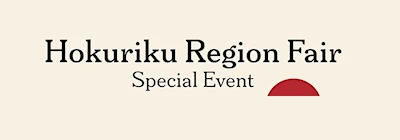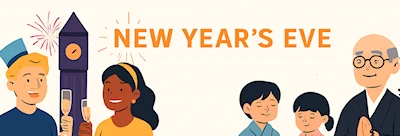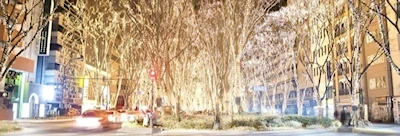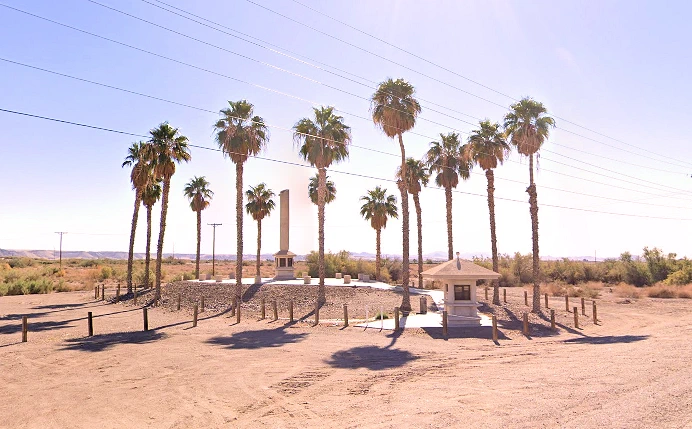Poston Memorial Monument (Built 1992)
Event Location
Parker, AZ 85344
The mission of the Poston Community Alliance is to preserve Poston’s incarceration history in order to uphold social justice for all Americans, regardless of race, religion and ethnicity. Through multimedia education and the preservation of stories, artifacts and historic structures, Poston’s unique multicultural history, involving Japanese Americans and Native Americans, will be kept alive.
About Poston Memorial Monument
The Poston Memorial Monument, built in 1992, is a significant historical and cultural landmark located in Poston, Arizona, USA. It commemorates the experiences of Japanese Americans who were unjustly interned during World War II, particularly those who were held at the nearby Poston War Relocation Center (commonly referred to as Poston Internment Camp) during this tumultuous period in American history.
Background on Poston Memorial Monument
The idea for the Poston Memorial Monument was conceived in 1989 and the dialogue with the Colorado River Indian Tribes (CRIT) was established. Ray Takata, FAIA, was aske to prepare a monument in observance of the 50th year of evacuation and internment.
Plans were drawn up and on July 28, 1992, site preparation with Ted Kobata (photo) in charge. Construction was completed and the monument was dedicated on October 6, 1992 .
The Poston Memorial Monument was built in the summer of 1992 mainly through volunteer efforts by members and friends of the Poston Memorial Monument Committee. Donations from survivors and decedents of survivors from the three Poston Camps financed the project. The Colorado River Indian Tribal Council granted use of one acre of land on which the monument and kiosk are built. The monument is on Mohave Road in Poston AZ and is a short distance from the site of the original Camp I. The designers of the monument, Ray Takata and Stephan Hamamoto, say that the single 30 foot concrete pillar of the monument symbolizes 'unity of spirit'. The hexagonal base represents a Japanese stone lantern. The 12 small pillars situated around the monument make it a working sundial. The monument was finished off with trees and landscaping materials also donated by Camp I detainees and there families.
In 1995 the committee members and volunteers returned to the site to add a kiosk to the monument. The kiosks' bronze plates detail the history of the Poston Internment Camps and CRIT. It is also built to represent a Japanese stone lantern.
Key features and significance of the Poston Memorial Monument:
1. Design and Location: The monument is designed to be a reflective and contemplative space. It consists of a central stone marker surrounded by several other elements, including a memorial plaque and informational signs. It is situated on the site of the former Poston Internment Camp, which was one of the largest such camps during WWII.
2. Symbolic Elements: The central stone marker bears inscriptions in both English and Japanese, serving as a symbol of remembrance and reconciliation. These inscriptions emphasize the importance of acknowledging the past, preventing such injustices from happening again, and fostering unity and understanding among people of different backgrounds.
3. Historical Significance: The monument serves as a somber reminder of a dark chapter in American history when the U.S. government forcibly relocated and interned over 120,000 Japanese Americans, two-thirds of whom were native-born citizens, due to wartime hysteria and anti-Japanese sentiment. The Poston Internment Camp was one of the places where these individuals and families were unjustly detained for several years.
4. Cultural and Educational Value: For Japanese Americans and their descendants, the Poston Memorial Monument holds great cultural and educational value. It stands as a testament to the resilience and strength of the Japanese American community during a time of adversity. It also serves as an educational resource for future generations, promoting awareness and understanding of this painful chapter in American history.
5. Reconciliation and Healing: The monument is not only a memorial but also a symbol of reconciliation and healing. It encourages dialogue and empathy among different communities, fostering a commitment to ensuring that such injustices are never repeated.
In summary, the Poston Memorial Monument, built in 1992, is a powerful tribute to the Japanese Americans who endured internment during World War II. It stands as a reminder of the importance of preserving historical memory, promoting reconciliation, and preventing the recurrence of such injustices. For the Japanese American community, it represents a vital link to their heritage and a symbol of resilience in the face of adversity.
Authentic Japanese Gardens (United States)
Best Japanese Gardens
Japanese Rock 'Zen' Gardens (United States)
Best Japanese Rock 'Zen' Gardens
Japanese Teahouses (United States)
Best Japanese Teahouses
Japanese Museum Art
Japanese Museums Map of Japanese Museums

















